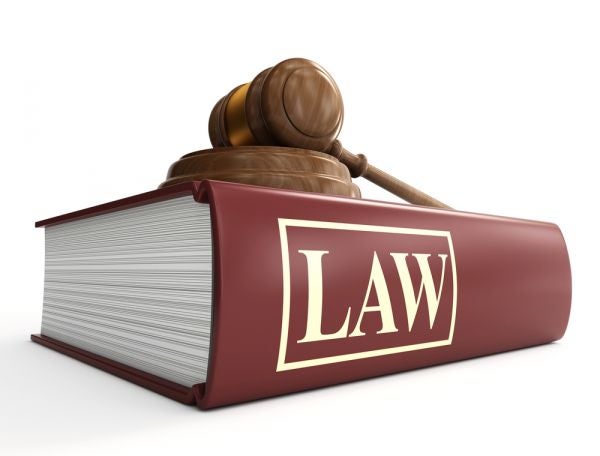 Let me first make this important point: I’ve met and worked with a lot of folks in the oil and gas industry who are truly dedicated to making their operations as safe and clean as possible – people who care about the communities they live and work in and who take pride in the reputation of the companies they work for.
Let me first make this important point: I’ve met and worked with a lot of folks in the oil and gas industry who are truly dedicated to making their operations as safe and clean as possible – people who care about the communities they live and work in and who take pride in the reputation of the companies they work for.
That said, I’ve always rolled my eyes a little when I see companies boast in sustainability reports that they comply with all applicable federal and state laws. Really? Not breaking the law is the high bar you’re shooting for?
But , as it turns out, one of the nation’s largest oil and gas trade associations is now saying that not only does it oppose common-sense laws requiring companies to reduce their emissions of methane and other harmful air pollution, it’s casting doubt on the extent to which companies should even comply.
The courts have repeatedly struck down efforts by the Trump administration and industry lobbyists to suspend these pollution standards. And these rules are now in full legal effect.
Yet, in last week’s Inside EPA/Climate, Lee Fuller of the Independent Petroleum Association of America (IPAA) is quoted saying that the court’s rejection of these efforts makes compliance “an EPA enforcement issue, and we have had no guidance from EPA on the enforcement process that they will undertake.”
There should be no confusion here. Compliance is not an enforcement issue. Compliance is a legal obligation. Any company that refuses to meet that obligation is operating outside of the law, regardless of how EPA decides to approach enforcement.
Cries that companies haven’t had enough time to get ready for these standards also fail to pass the straight-face test. These rules were issued in June 2016 and gave the industry a full year to start taking basic steps to detect and repair leaks – using cost-effective techniques that were pioneered in the states and which have long been in use by leading oil and gas operators.
In fact, operators were required to conduct their first leak surveys at well sites and compressor stations by June 3, 2017, several days before EPA’s unlawful 90-day suspension of the standards was published. Any company that wasn’t implementing these find-and-fix practices was breaking the law then. And any company that isn’t complying since the court ruled the suspension illegal is violating the law now.
Some in industry have bemoaned the cost and confusion of “regulatory uncertainty” as the Trump EPA attempts to roll back basic public health and environmental protections and the courts time and time again rule those efforts illegal. Even now, EPA Administrator Scott Pruitt – backed by players who represent industry’s lowest common denominator – is attempting another delay of the methane rules, this time for two years.
If the industry is truly worried about regulatory uncertainty, trade groups and the industry lobby should stop litigating against these vital protections, cease sowing doubt about their legal effect and urge Scott Pruitt to abandon his lawless efforts to undermine them. The chaos they bemoan is entirely of their own making.
It’s worth noting that not everyone in industry is playing that game. Leaders aren’t throwing up smoke screens and dodging the issue, they’re moving forward. In fact, both Exxon and Shell confirmed their compliance with the operational requirements of the methane rules even before the 90-day stay had been overturned by the court. That’s the kind of responsible action that’s not only good for communities and the environment, it’s good for business – in terms of both bottom-line and reputation.
As I said at the outset, I know a lot of good people in the oil and gas world – people who don’t like the turn things have taken in D.C. and who know that any short-lived upside will pale against the backlash this industry will face at home and abroad if it’s seen as doing nothing but fighting against the shift to a cleaner, lower-carbon future.
It’s time for leaders in industry to step out from behind the shadows. If the IPAA’s of the world are allowed to speak for everyone, companies that are trying to do the right thing will be tagged as retrograde thinkers right along with them. Instead of proving that they can evolve, adapt and be part of the solutions demanded by and owed to both their host communities and the planet, they’ll be riding a side-car to obsolescence.









